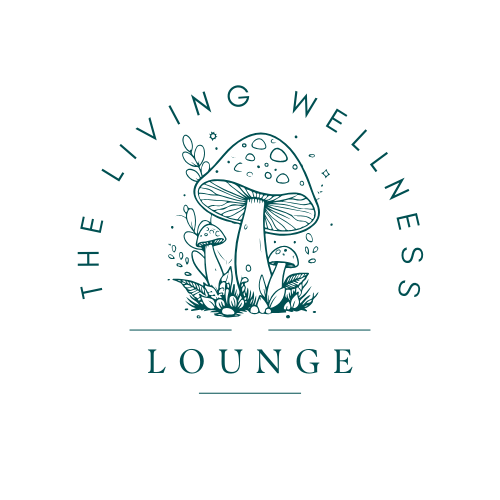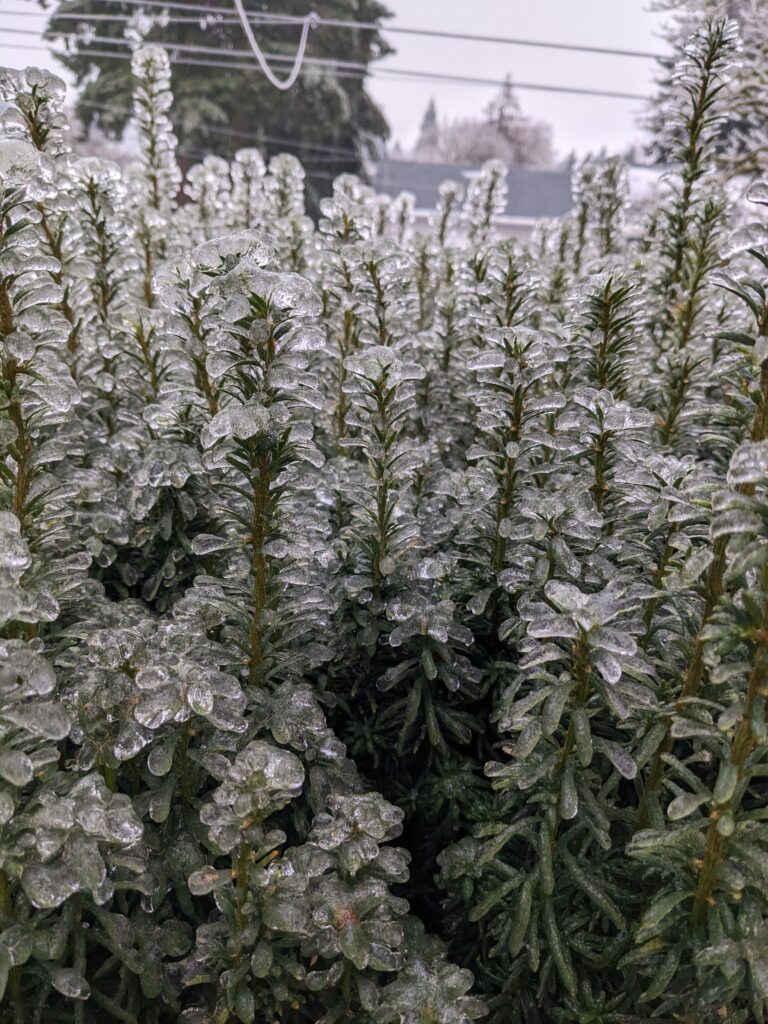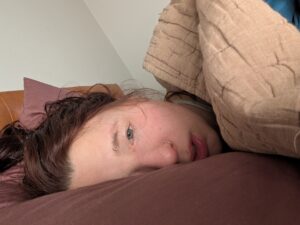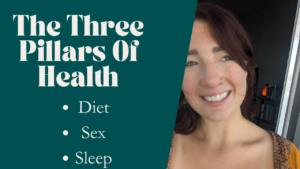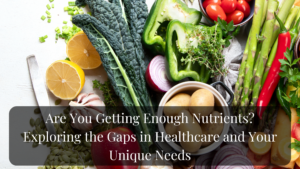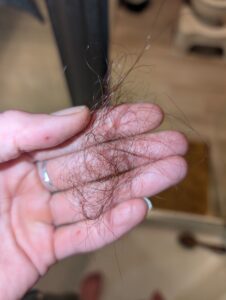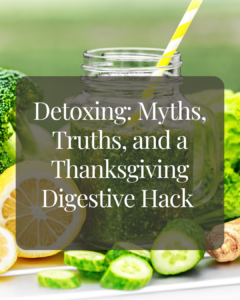Herbal Helpers, Herbal Medicine
An Herb For An Ailment: The Practice Leading to Ineffective Herbalism
I’ll admit, I get a bit fired up when I see certain trends emerging in the alternative and holistic health realm. Here at The Living Wellness Lounge, herbalism and botanical medicine are at the heart of what we do, making it essential to address the misrepresentations prevalent in our field.
In America, herbalism suffered a near-extinction over a century ago following the Falkner report (a story worth diving into another time). However, about 50 years ago, we witnessed a slow but steady resurgence as people sought healing beyond conventional treatments.
Living in a society dominated by one medical system makes it easy for skeptics to dismiss herbalism as ineffective or even dangerous. Herbs are often viewed as foreign and misunderstood, lacking the cultural reverence found in other countries and indigenous traditions. As modern herbalists, we find ourselves combatting misinformation, misunderstanding, and misrepresentation.
Today, I want to highlight a troubling trend I stumbled upon while browsing Instagram. I came across a herbalist’s page (I won’t name names) where individuals were encouraged to seek herbal remedies for specific ailments. While seemingly innocent, this approach oversimplifies the intricate practice of herbalism.
For instance, someone might ask, “What herb is good for headaches?” and receive a straightforward recommendation. But the truth is, herbalism isn’t a one-size-fits-all solution. A holistic herbalist, particularly one well-trained in the craft, considers not just the ailment but the individual seeking treatment.
This “X for Y” mindset falls into the same trap as Western medicine, treating everyone alike despite our unique bioindividuality. By reducing complex health issues to simplistic solutions, we miss the opportunity to address root causes and treat the whole person.
Furthermore, improper use of herbs can lead to ineffective outcomes, ultimately driving people back to conventional treatments out of frustration. Take, for instance, the issue of varicose veins. Simply recommending a single herb like horse chestnut without considering the individual’s holistic needs and crafting a comprehensive protocol is unlikely to yield results.
Effective herbalism is both an art and a science. It involves understanding the nuances of each individual’s health profile, crafting tailored protocols, and adjusting treatments as necessary. When we oversimplify herbal treatments, we do a disservice to our plant allies and the individuals seeking their healing properties.
I want to emphasize that herbalism is incredibly potent and capable, but it must be practiced with care and expertise to achieve its full potential. For complex health issues, it’s essential to seek guidance from clinically trained herbalists who can offer personalized, effective solutions.
In closing, I applaud those who have embraced alternative and holistic medicine, recognizing the courage it takes to challenge mainstream paradigms. However, I feel compelled to protect the integrity of herbalism, ensuring that individuals have realistic expectations and positive experiences with herbal remedies. This is how we drive meaningful change and continue the resurgence of herbalism, ultimately helping people discover the healing they deserve.
Warm regards,
Lila C.
https://www.youtube.com/watch?v=3do39Y6BdZ4&t=2s
